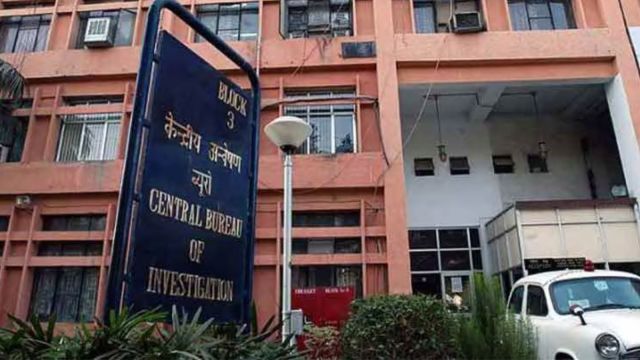House panel recommends framework for direct recruitment in CBI, law to probe national security cases without general consent from states
When it comes to human resources, the committee noted the challenges CBI faces in receiving nominations.
 It added that nominations weren’t being received because of the shortage of manpower within the lending departments. (Express Photo)
It added that nominations weren’t being received because of the shortage of manpower within the lending departments. (Express Photo)Noting the shortage of suitable deputations to the Central Bureau of Investigation — where a significant number of posts are filled on deputation from various organisations — a Parliamentary committee Thursday recommended that the organisation develop an independent framework by allowing direct recruitment through SSC, UPSC, or a dedicated CBI examination. The committee said that the organisation should also introduce lateral entry for specialists in cybercrime, forensics, financial fraud, and legal domains.
With the organisation also dependent on state consent to investigate matters, the 145th report of the Department-related Parliamentary Standing Committee on Personnel, Public Grievances, Law and Justice on the Demands for Grants (2025-26) pertaining to the Department of Personnel and Training (DoPT) also recommended a separate or new law that would grant CBI wider investigative power without the consent of the states in cases affecting national security and integrity.
When it comes to human resources, the committee noted the challenges CBI faces in receiving nominations. The CBI has informed the committee that it was not receiving sufficient or suitable nominations from state police that was traditionally a major source of induction, particularly for the rank of inspector and below.
It added that nominations weren’t being received because of the shortage of manpower within the lending departments. The organisation also noted delay in sending relevant documents by the lending department after identifying the personnel. It also pointed out that, selection of candidates without suitable skills result in non-selection even after scrutiny. The committee noted that the lack of incentives for the lending department also discourages them from deputing personnel.
“The CBI should strive to establish a permanent cadre with structured career progression, this in turn will help CBI in ensuring long-term stability. An in-house expertise team should be constituted which will make it less reliable on outside experts,” the committee said, adding that deputation may be retained only for select senior posts.
When it comes to its investigative powers, the organisation said that states have granted it a general consent for investigating a specified class of offences against specified categories of people. For investigating any matter that is not covered by the general consent, specific consent of the state government is required to investigate in the state. To add to the challenges, the committee noted that eight states had withdrawn the general consent as well “limiting severely its ability to investigate corruption and organised crime.”
Hence, the committee recommended a separate law allowing the agency to investigate matters of national security and integrity without the consent of the state. “The law should also include safeguards to ensure impartiality, preventing state governments from feeling powerless. This reform is essential to ensure timely and unbiased investigations,” said the committee.







